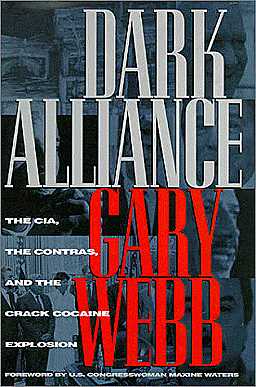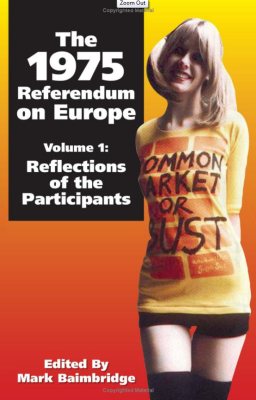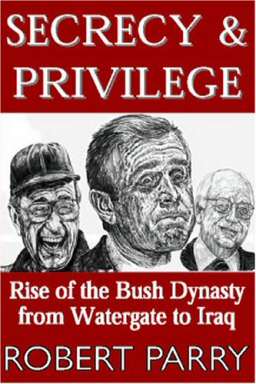Lobster Issue 36 (Winter 1998/9)
[…] drug and other criminal activities the Nicaraguan bishops had complained back in 1978. Equally disastrous was the initial decision to leave oversight of the Contras to Argentine intelligence officers, for whom the drug-financing of operations was a way of life. On March 16, 1998, in response to Webb’s allegations, the CIA Inspector-General admitted that […]
Lobster Issue 53 (Summer 2007)
[…] claimed to be confidential briefings “off the record”. The real reason which could not be told publicly for our entry to the common market was because our intelligence service had learned the Soviet Unions had plans to invade Western Europe and these would be carried out once the trade unions in Western Europe led […]
Lobster Issue 30 (December 1995)
[…] Candidate a reality. For the pulse-modulated transmitters could also carry information placed on the signal: it could be modulated to send words to the brain. An expendable intelligence asset, programmed by remote hypnosis, in a post-hypnotic state, could be activated by these means, to carry out orders directed to him or her by-passing his […]
Lobster Issue 49 (Summer 2005)
[…] him by launching the largest private sector political warfare campaign in history against him. But there are other factors. For an American politician, getting embroiled with the intelligence services or the military looks almost uniquely dangerous. There are also two more general reasons for the inertia. The Democrats are reluctant to criticise America, domestically […]
Lobster Issue 34 (Winter 1997)
[…] Murrin told Sir Peter Blaker, ‘An alternative funding source really needs to be lined up but I can only leave that to you. My own network of intelligence is now building up and I would expect results after the summer.’ 30 July Owen Oyston resigned as chairman of Red Rose Radio. September Oyston bought […]
Lobster Issue 36 (Winter 1998/9)
[…] have been characterised by a special Anglo-American relationship, running in parallel with the strategic one based on collaboration in NATO and the UN, as well as in intelligence sharing and nuclear weapons policy. The ideological rationale for all this has been the defence of liberal capitalism (equated with freedom of speech and national self-determination) […]
Lobster Issue 53 (Summer 2007)
[…] As Phillips describes it, the British state and its politicians declined to do anything about this even though they were warned repeatedly throughout the 1990s by other intelligence services and other states. Phillips attributes this inactivity to a combination of political reluctance to tackle something as sensitive as immigration and concern about the impact […]



